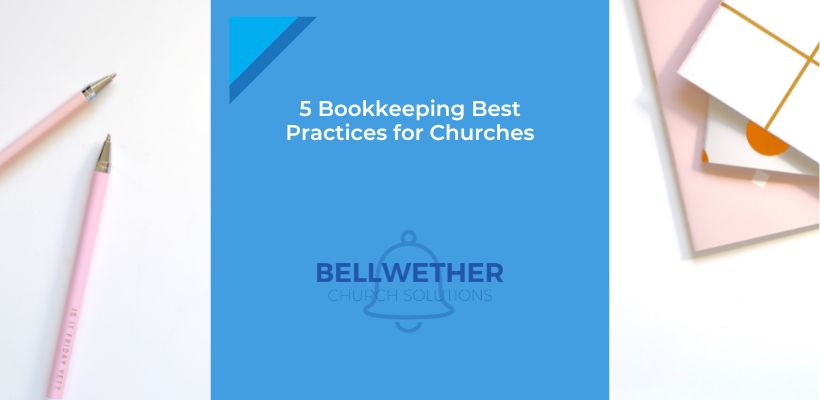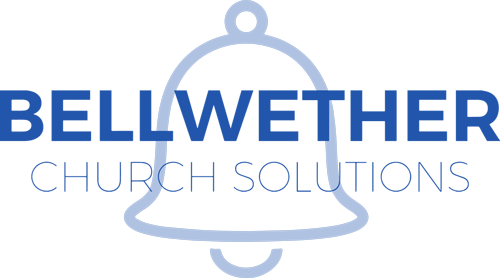5 Bookkeeping Best Practices for Churches

We are halfway through the year already! With summers typically being a slower time of year for churches (after VBS is over of course), now might be a great time to assess your churches bookkeeping practices. Do you have the proper procedures in place? What could you do better or more efficiently?
Here are some bookkeeping best practices that every church should be doing.
1. Have a monthly bookkeeping checklist
You should know exactly what needs to be completed each month such as bank , investment , and donor reconciliations and preparation of financial reports. Set a realistic deadline for each of these tasks and also record who is in charge of each task and who reviews the work of the bookkeeper.
2. Track spending against restricted giving funds
All too often we have seen churches with restricted giving accounts but then when it came time to spend money for that project the money was taken out of the general fund. Checking your spending for items that should be charged against those restricted accounts is a best practice your church should implement. This can be accomplished during the bank reconciliations each month.
3. Alert department heads of where they stand in their budget year-to-date
It is a good idea to let the leaders of each department know where they stand in their budget year-to-date. Are they over or under spending? If they are over spending then find out why. If a budget adjustment is necessary it should be taken to the Board for approval. It is best to keep track of this as the year progresses rather than finding out at the end of the year that one department significantly over-spent.
4. Check 941 forms against the payroll expenses account
It is critical that the numbers on the quarterly 941’s match the actual payroll tax expenses. Checking this monthly or at least quarterly will help keep you out of trouble.
5. Maintain a fixed asset spreadsheet or folder
At the end of the year your church will want to make a journal entry to capitalize fixed assets that were accumulated as expenses throughout the year. If you keep track of those assets in a spreadsheet or folder, it will be easier to make that journal entry come year-end. It also doubles as documentation for insurance purposes. Be sure to keep a copy of this folder off-site in case of property loss and an insurance claim becomes necessary.
This list is not exhaustive but hopefully gives your organization some things to consider. There is more that goes into proper bookkeeping than meets the eye. Of course reach out to your accountant with questions as they come up throughout the year to ensure your church is doing things properly. It is easier to fix processes throughout the year then to save it all for year-end.
